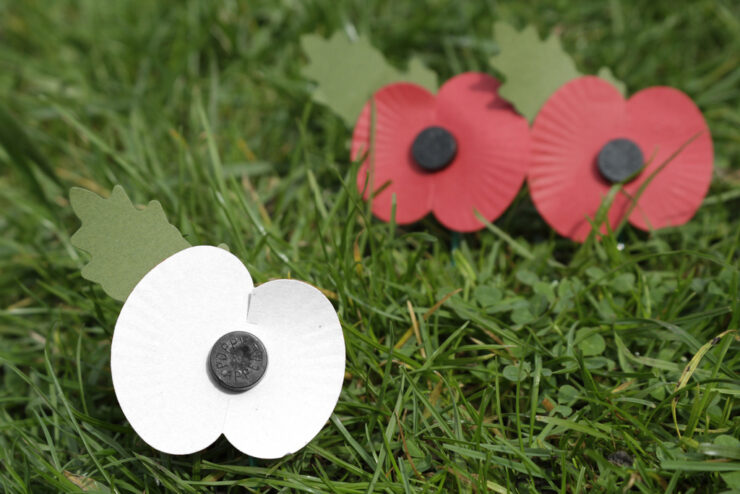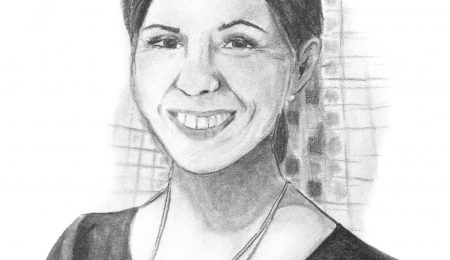Students who want to ‘work for peace’ draw ire of traditional poppy wearers
Photo courtesy of Staffs Live (CC)
University of Ottawa students could be seen wearing white poppies pinned to their lapels this Remembrance Day in an effort to promote peace, not war.
The U of O was placed at the forefront of debate when political science student Celyn Dufay appeared in an article with the grabbing headline, “Ottawa students don’t care if ‘white poppy’ offends vets,” published Nov. 4.
“Young people don’t want to celebrate war,” Dufay told Sun News. “We want to work for peace.”
While the white poppy has been around almost as long as its red counterpart, this year the slogan “I remember for peace” was printed in the middle of the poppy. The Rideau Institute, a research, advocacy, and consulting group based in Ottawa, headed the campaign.
Steven Staples, the group’s president, said the white poppy supported young people who want to think more about peace during Remembrance Day ceremonies.
“The best way to remember the sacrifice of people that came before us is to work for peace in the future,” he said.
According to Staples, the Rideau Institute handed out all of its 2,500 white poppies.
Bill Maxwell, senior program officer for the Royal Canadian Legion, said the white version took away from Canadian veterans’ opportunity to commemorate Remembrance Day.
“It denigrates our current veterans who use Remembrance Day as a period of commemoration and reflection on a lot of the combats they’ve lost,” said Maxwell.
Though students like Dufay helped drain the supply of white poppies, others fervently opposed them.
Anastasia Young, a fourth-year second language teaching student at the U of O, proudly wore the red poppy and said those calling for peace overlook the sacrifice made by our soldiers in the wars Canada has fought.
“As much as we might not agree with war and it’s not necessarily peaceful, that’s exactly what they were fighting for,” she said. “They died and sacrificed their lives so that we could have peace in our country.”
First-year health sciences student Marielle Gauthier said the appropriate day to wear a white poppy is the International Day of Peace on Sept. 21.
“Freedom is not free, and thousands upon thousands of Canadian soldiers stood up and paid the ultimate sacrifice so that we could be free. Free even to wear the white poppy,” said Gauthier.
“Remembrance Day isn’t a celebration of war. It is a day to remember the sacrifice of soldiers,” she said. “With so many young Canadians who have so recently died in Afghanistan or returned with missing limbs and tortured by horrible events, it is the epitome of ignorance to use Remembrance Day as a day of protest.”
Staples said the campaign purposefully placed the pronoun “I” within their slogan because they did not want to be the “thought police” and tell others what to think.
He also said coverage of the campaign had twisted and misquoted the issue within right-wing media in an attempt to deflect negative attention away from Prime Minister Stephen Harper.
Minister of Veterans Affairs Julian Fantino took to the radio this month to publicly denounce the white poppy, calling it “an offensive attempt to politicize Remembrance Day.”
However, Staples said the poppy addresses the issue of a lacking message of peace within Remembrance Day—an issue even veterans have spoken about.
“There have always been people concerned that there was an absence of the peace message, including veterans,” Staples said. “Some people just don’t like peace and don’t like people who want to work for peace. They will say they’re offended by it, but there’s just going to be a diversity of opinions.”
—with files from Adam Feibel









